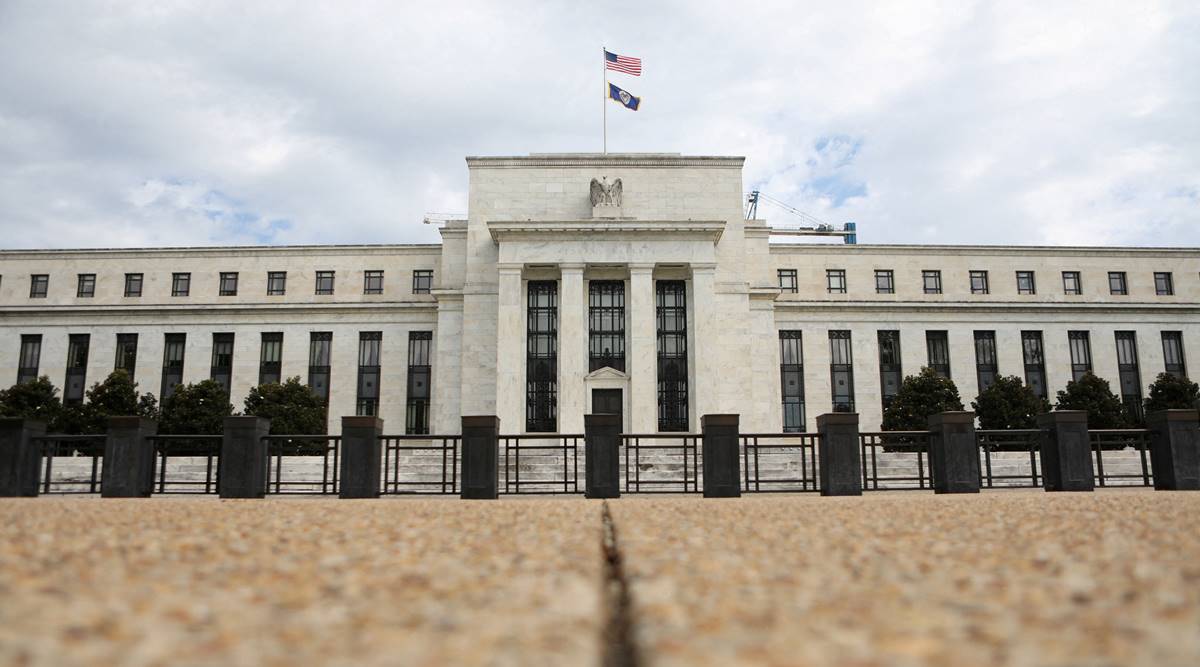There has always been a debate about whether the model of democracy followed by India is suitable for it or not? Many leaders of India like late former Prime Minister Indira Gandhi, and late former Prime Minister Atal Bihari Vajpayee have tried to change it and in recent times congress, MP Shashi Tharoor has time and forth supported the U.S.-like presidential system. More recently the Maharashtra episode and many more episodes of defections like this in the past have spurred this debate once again.
So, is it worth it to change the whole system? Or is there something going on a much deeper level? When we talk about presidential and parliamentary democracies, the main difference lies in the relationship between the executive and legislative organs of government.
- Advertisement -

In the presidential form of government, the executive has no responsibility toward the legislature. The president has a dominant influence and the concept of separation of power is the bedrock of this system. When we talk about the presidential form of government we mostly talk about the system of government in the United States of America.
In the parliamentary system of government also called responsible government the executive is responsible for the legislature. All decisions are taken by the president on the advice of the council of Ministers headed by the Prime Minister. And there is no water-tight separation between the legislature and executive. Examples may be sighted in India, Canada, Britain, etc.
While the presidential system is more prone to turning into despotism due to a single power structure confined to the president playing both the role of head of state and the head of government. The parliamentary system followed by India is turned in a way where there is harmony between legislature and executive, the government is responsible, and the structure of government is provided in a way where the power structure is not concentrated in a single individual but rather a group of individuals. But the evil of unstable government, fear of dictatorship when there is an absolute majority in the parliament and the inexpertise of leaders in governance are not conducive to administrative efficiency and therefore good governance.
- Advertisement -
Our founding fathers kept in mind all these factors while deciding the system of governance and democracy keeping in mind the social and political nature of Indian society. The fault lies not in the system of governance but rather in the nature of politics in India. Professor Ramesh Thakur says the fault in India’s ailing democracy lies not in the system but rather in the politicians who have corrupted the system. Every system has its own pros and cons, just moving from one system to another will not help rather there is a need to change behavior, reform the electoral process, and administrative convenience of people which are considered the pillar of democracy.

For deep details, you can read the full article. Click the link below :





